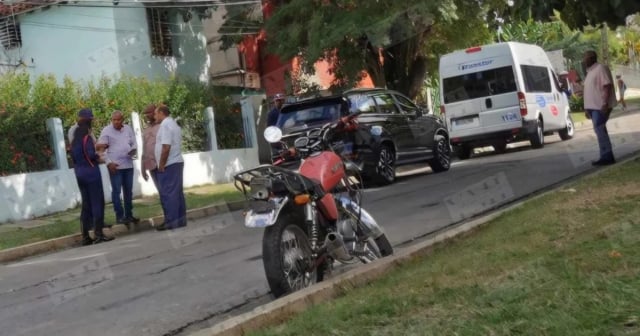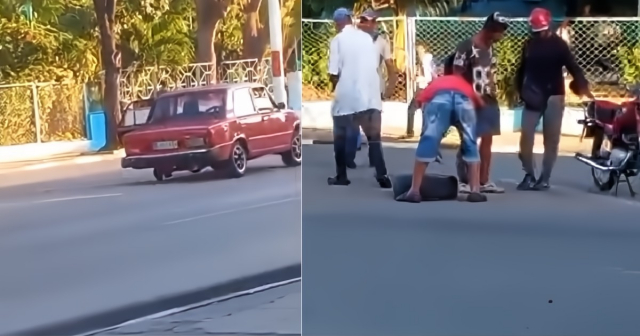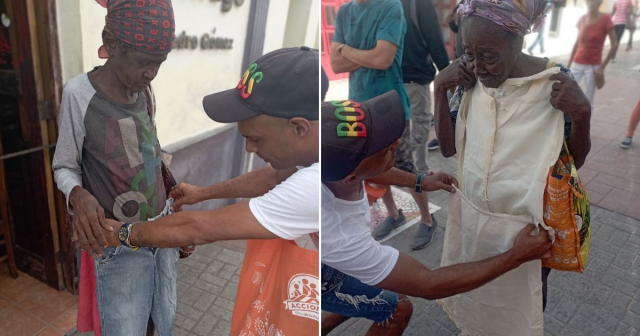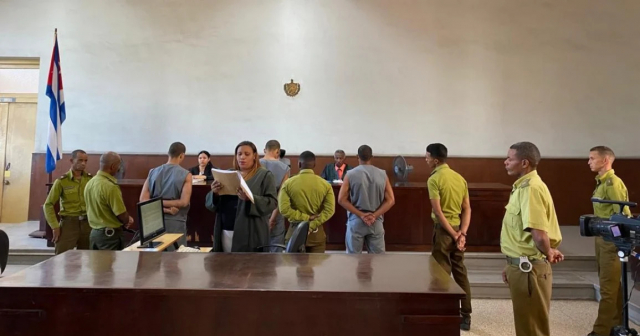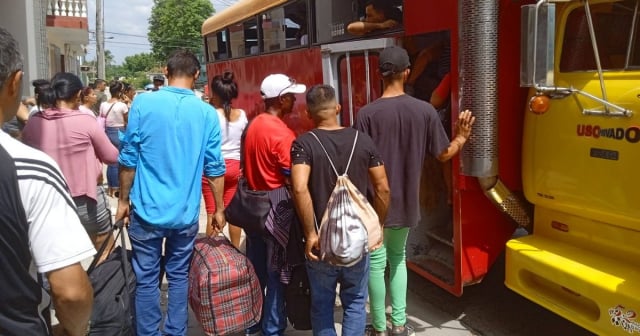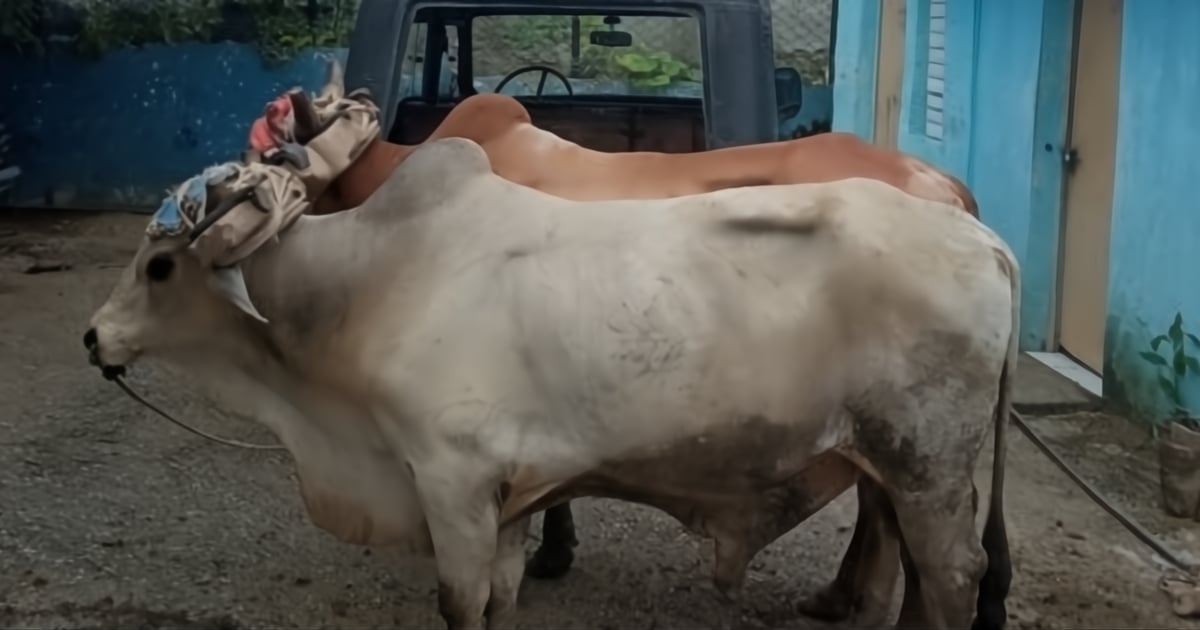
Related videos:
In the municipality of Songo-La Maya, in Santiago de Cuba, police authorities recovered two oxen that had been stolen and were about to be illegally slaughtered.
The intervention took place following a complaint from the animal owners, residents of Matahambre, as reported by the official Facebook profile "Héroes del Moncada."

According to local residents, the patrol cars quickly drove through the streets of the municipality, which caught the attention of those living there.
It was later confirmed that the police arrived at a house where they found two oxen, as well as packages of meat that allegedly came from another sacrifice conducted earlier.
The recovered animals were returned to their owners, while authorities continue investigations to identify those responsible for this crime, reported the regime's allied profile.
The operation was carried out as part of the "National Exercise for the Prevention and Combating of Crime, Corruption, Illegal Activities, and Social Indiscipline," led by the ruler Miguel Díaz-Canel.
In this context, various measures were implemented in Cuba with the aim of projecting the image of a regime committed to solving the country's main problems.
However, the limited access of Cubans to beef and its high price in foreign currency shops ensure a steady market for that product.
Crimes related to large livestock in Cuba, which the regime claims have a serious impact on the economy and food security, have involved over 9,000 people so far this year, according to data presented by Colonel Manuel Valdés Brito, head of the Combat Body of the Technical Investigations Directorate (DTI) of the Ministry of the Interior (MININT).
The topic was discussed on the television program Hacemos Cuba last November, with the participation of Mayra Cruz Legón, legal director of the Ministry of Agriculture, and Yoel Palmero Meneses, a member of the National Bureau of the National Association of Small Farmers (ANAP).
In October, it was also reported that a total of 1,615 Cuban citizens had been sanctioned in 2024 for behaviors related to the crime of illegal slaughter of large livestock and the trafficking of their meat, as reported by the official newspaper Granma.
Frequently Asked Questions about the Illegal Slaughter of Livestock and Corruption in Cuba
What happened to the oxen recovered in Santiago de Cuba?
The oxen were recovered by the police authorities at a residence where they were about to be illegally slaughtered. They were later returned to their owners while investigations continue to identify those responsible for the theft and illegal slaughter.
How does illegal livestock slaughter affect the Cuban economy?
The illegal slaughter of livestock in Cuba severely impacts the economy and food security, involving thousands of people each year. This type of crime disrupts the supply of meat and other essential products, which are crucial for the population's nutrition, and results in significant economic losses.
What measures is the Cuban government taking against the illegal slaughter of cattle?
The Cuban government has intensified actions against illegal cattle slaughter, conducting operations as part of the "National Exercise for Prevention and Confrontation of Crime." However, despite these efforts, the problem persists due to the high demand for meat in the black market and the lack of resources for adequate production.
Why is beef so sought after in the Cuban black market?
Beef is highly sought after in the Cuban black market due to its scarcity and high prices in official stores. This situation creates a persistent market for the illegal slaughter and trafficking of livestock in a country where access to basic food items is limited.
Filed under:

